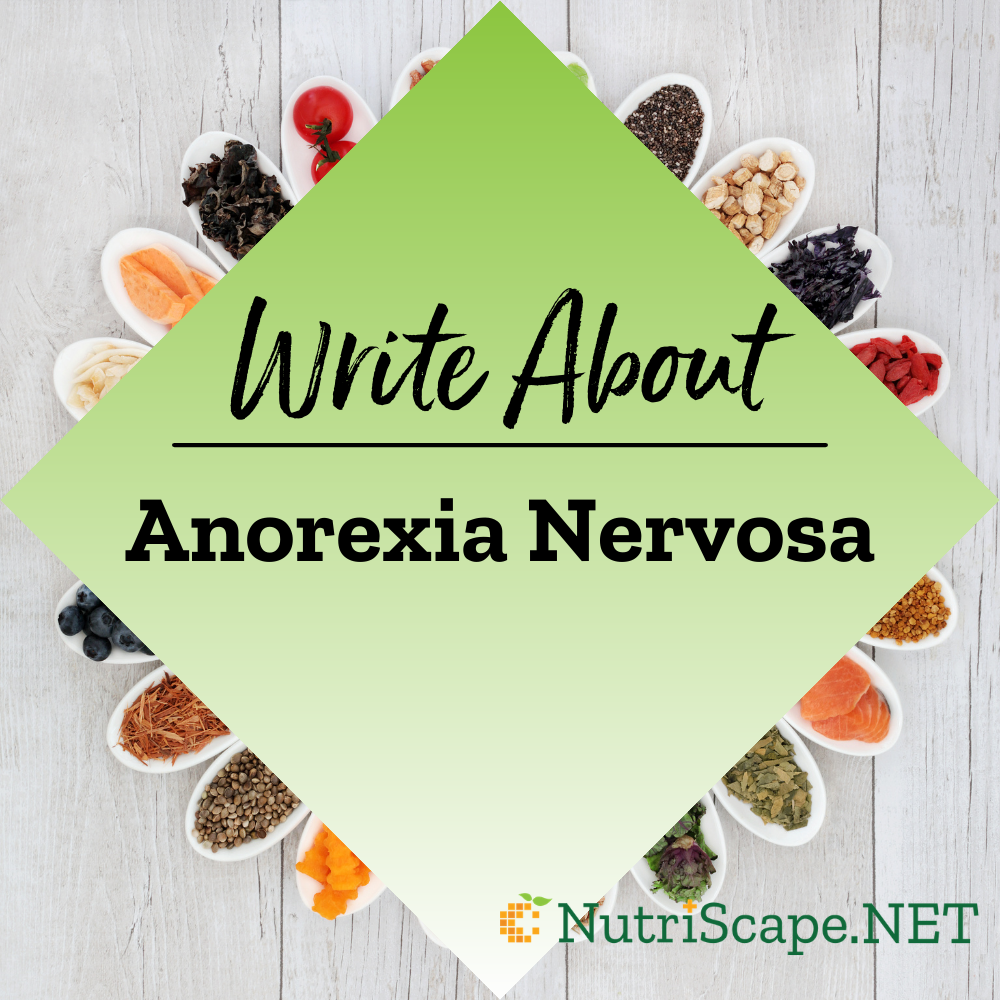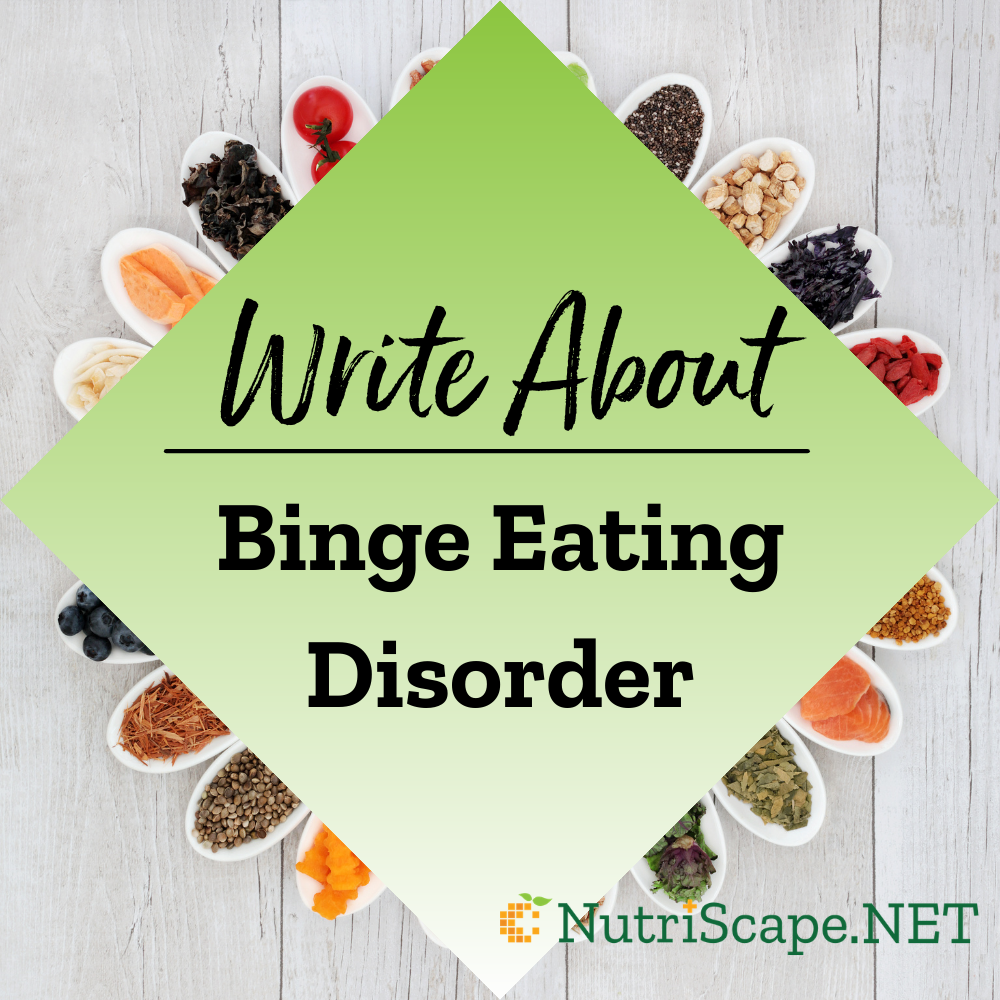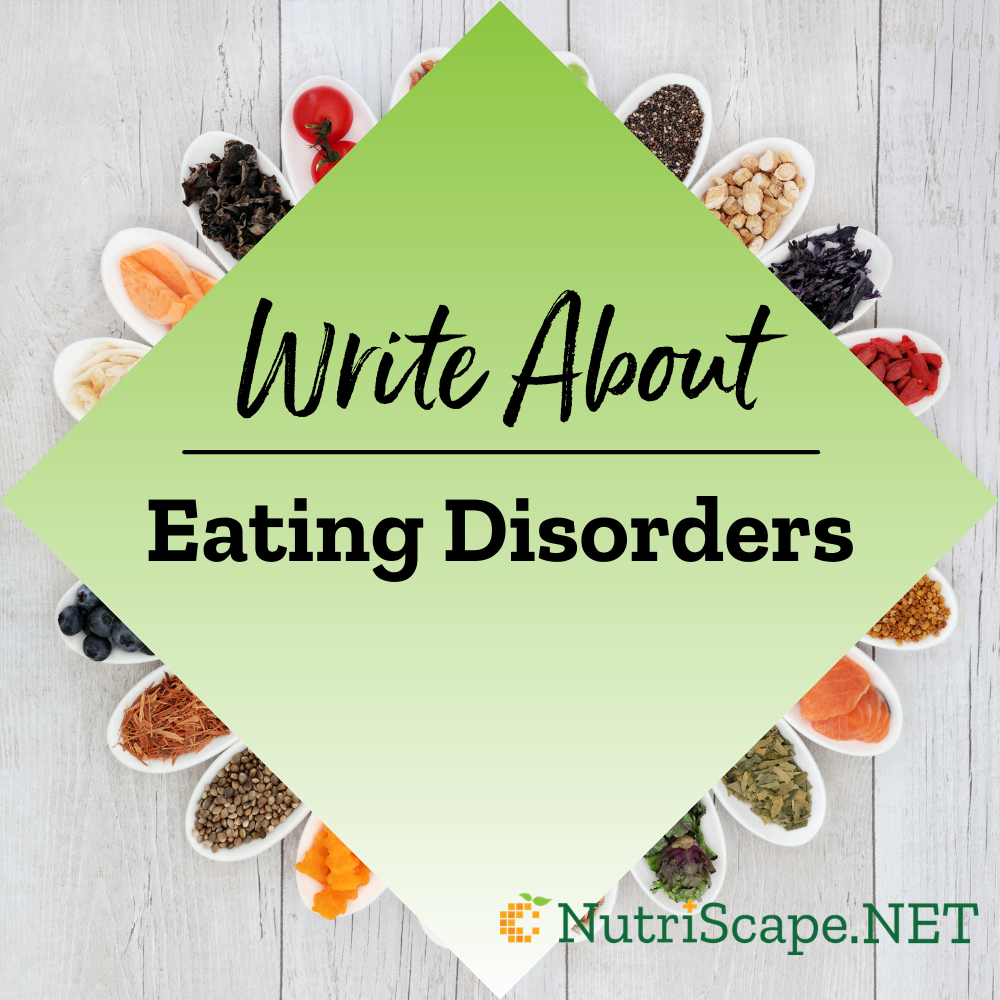
We came across this topic some time back and thought it would be good inspiration for a NutriScape.NET article written from the dietitian’s point of view. Here are some quick snippets you can follow.
Scientists from the Johns Hopkins Psychedelic Research Unit are commencing a landmark human clinical trial to explore the effects of psilocybin in persons with chronic anorexia nervosa (AN). The new trial adds to a growing body of evidence finding psychedelic psychotherapy effective for depression, addiction and obsessive-compulsive disorder.
Source: World-first trial investigating psilocybin psychotherapy for anorexia commencing in US
Planning And Writing Your Article- With 1 Free CEU!
Although all dietitians are well-versed in academic writing, it can be a challenge to organize our vast knowledge in a way that hits the right chord for readers on the web. Before you sit down to write your epic article, save yourself some time by investing an hour in learning the basics of a solid writing process that can help you create your very best work.
We’ve scoured the internet for the best practices on writing and distilled the information to meet the needs of NutriScape writers. In our 1-hour CEU presentation, “Copywriting Skills for the Internet”, we discuss a structured process for each phase of writing and cover critical SEO principles that are key to getting articles found on Google.
This writer’s guide is a resource that will be sure to help as you organize your thoughts:

 Scan Me!
Scan Me!














